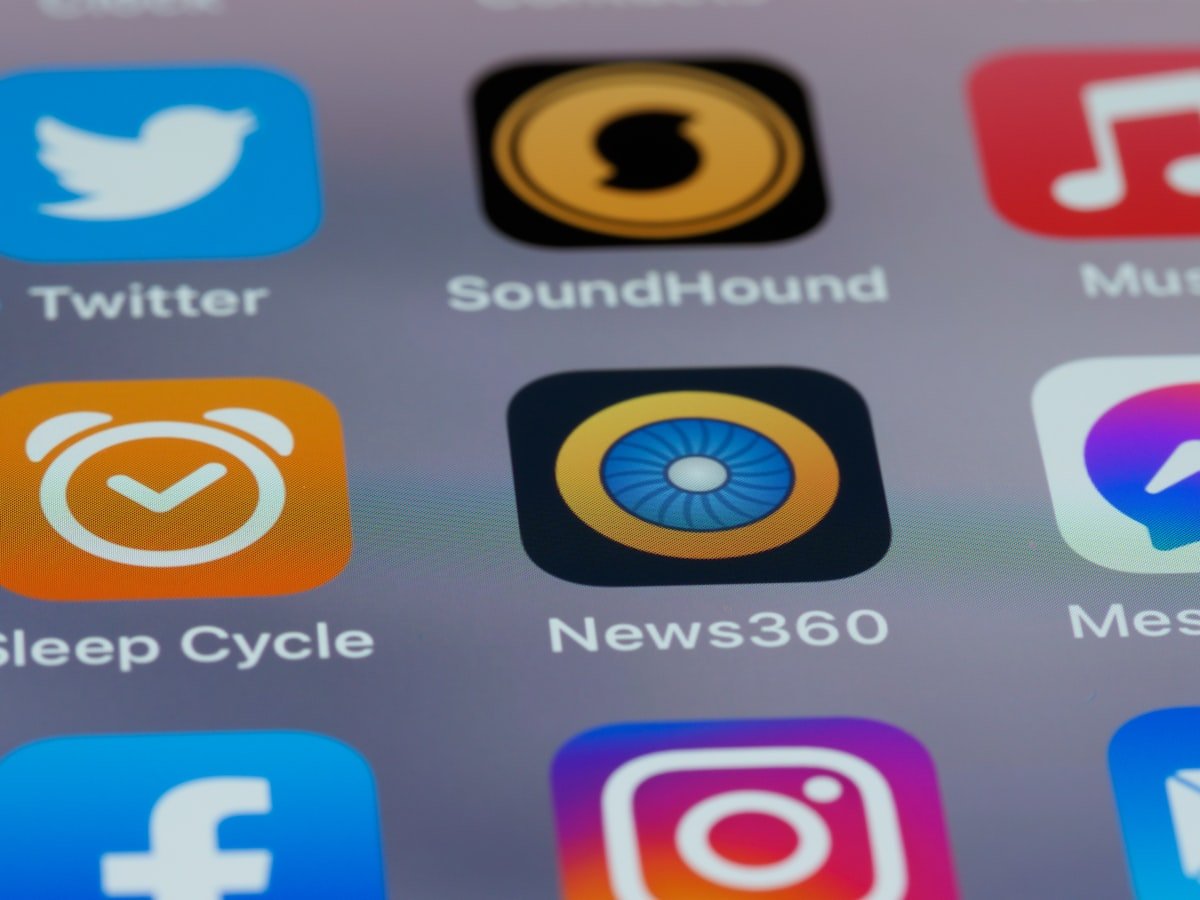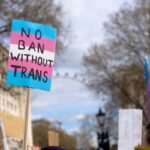Social Media Companies Not Liable for 2022 Buffalo Mass Shooting: Understanding the Legal Landscape
The debate over social media liability has intensified in recent years, particularly after tragic events like the 2022 Buffalo mass shooting. In a landmark 2025 ruling, courts reaffirmed that social media platforms cannot be held legally responsible for content posted by users, even in cases involving extremist violence. This decision has reignited discussions about the balance between free speech, platform accountability, and social media liability in the digital age. As lawmakers and advocates continue to push for reforms, understanding the legal precedents and implications is crucial.
The Buffalo Mass Shooting and Social Media’s Role
The 2022 Buffalo mass shooting, where a gunman targeted a predominantly Black neighborhood, was fueled by extremist ideologies spread online. The shooter had reportedly consumed and shared hateful content on platforms like 4chan, Discord, and Twitch before the attack. Families of the victims later filed lawsuits against these platforms, arguing that they enabled radicalization by failing to moderate harmful content. However, courts dismissed these claims, citing Section 230 of the Communications Decency Act, which shields tech companies from social media liability for third-party content.
Section 230 and the Legal Shield for Platforms
Section 230 has long been a cornerstone of internet law, protecting platforms from lawsuits over user-generated posts. The provision states that websites are not publishers of content and therefore cannot be held liable for what users share. This legal framework has allowed social media to flourish but has also drawn criticism, especially after incidents like the Buffalo shooting. Critics argue that platforms profit from engagement-driven algorithms that amplify extremist content, yet face no legal consequences. Despite these concerns, courts have consistently upheld Section 230, emphasizing that revising it is a legislative, not judicial, responsibility.
Why Courts Rejected Social Media Liability Claims
In dismissing the lawsuits related to the Buffalo shooting, judges ruled that platforms did not directly cause the gunman’s actions. While the shooter used these sites to spread his manifesto and livestream the attack, the courts found no evidence that the companies intentionally facilitated violence. Legal experts note that establishing social media liability would require proving platforms had explicit intent or direct involvement—a high legal bar. Additionally, holding companies accountable for billions of daily posts could stifle innovation and free expression, a risk courts are reluctant to take.
The Ongoing Debate Over Platform Accountability
Despite the legal rulings, pressure is mounting for stricter regulations. Lawmakers in 2025 are revisiting proposals to amend Section 230, with some advocating for exceptions in cases involving terrorism or hate speech. Advocacy groups argue that platforms must do more to prevent radicalization, given their role in shaping public discourse. However, tech companies warn that excessive regulation could lead to over-censorship or force smaller platforms out of business. The challenge lies in balancing user safety with the principles of an open internet.
International Perspectives on Social Media Liability
Other countries have taken a harder stance on platform accountability. The European Union’s Digital Services Act, for example, imposes hefty fines on companies that fail to combat illegal content. Australia has also introduced laws holding platforms liable for defamatory posts. These contrasting approaches highlight the global struggle to define social media liability standards. While the U.S. maintains a more hands-off approach, the Buffalo shooting case underscores the growing demand for reform.
What This Means for Future Legislation
The Buffalo shooting ruling sets a precedent, but it doesn’t end the conversation. Policymakers are exploring ways to hold platforms accountable without repealing Section 230 entirely. Potential solutions include requiring transparency in content moderation, mandating faster removal of violent material, or creating independent oversight bodies. As these discussions evolve, the legal landscape around social media liability will continue to shift, shaping the future of online speech and safety.

Conclusion: A Complex Balance of Rights and Responsibilities
The 2025 ruling reaffirming social media companies’ immunity in the Buffalo shooting case underscores the complexities of regulating online platforms. While Section 230 remains a powerful shield, public outcry and legislative efforts suggest change may be on the horizon. For now, the debate over social media liability remains unresolved, leaving families, lawmakers, and tech giants grappling with how to prevent future tragedies without undermining free expression.




 Court Upholds Washington Transgender Youth Care Laws
Court Upholds Washington Transgender Youth Care Laws